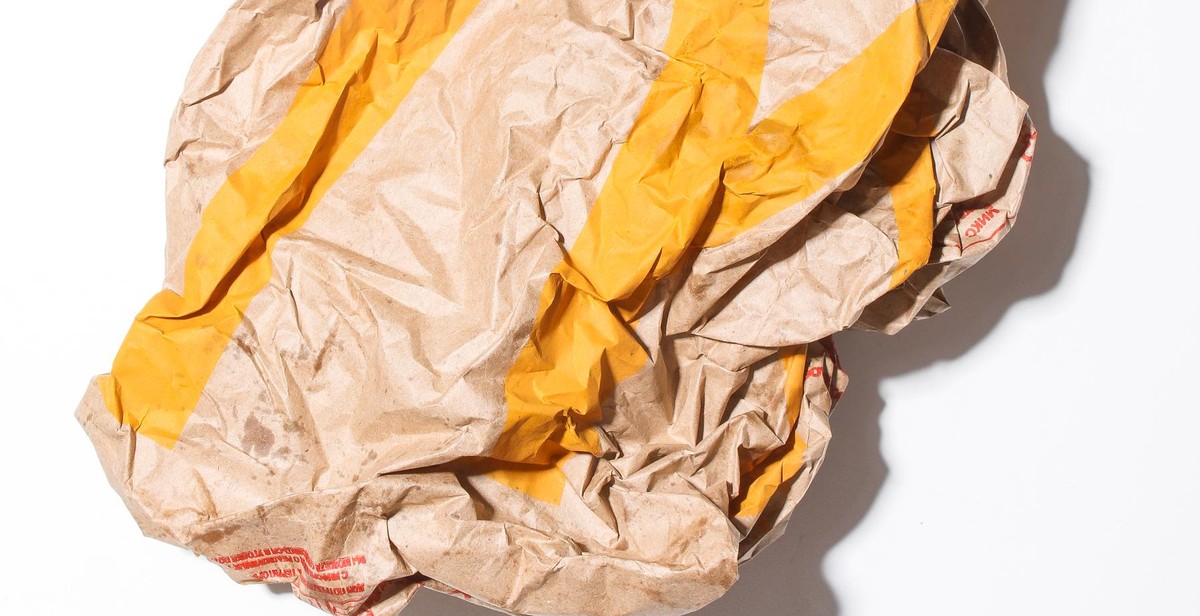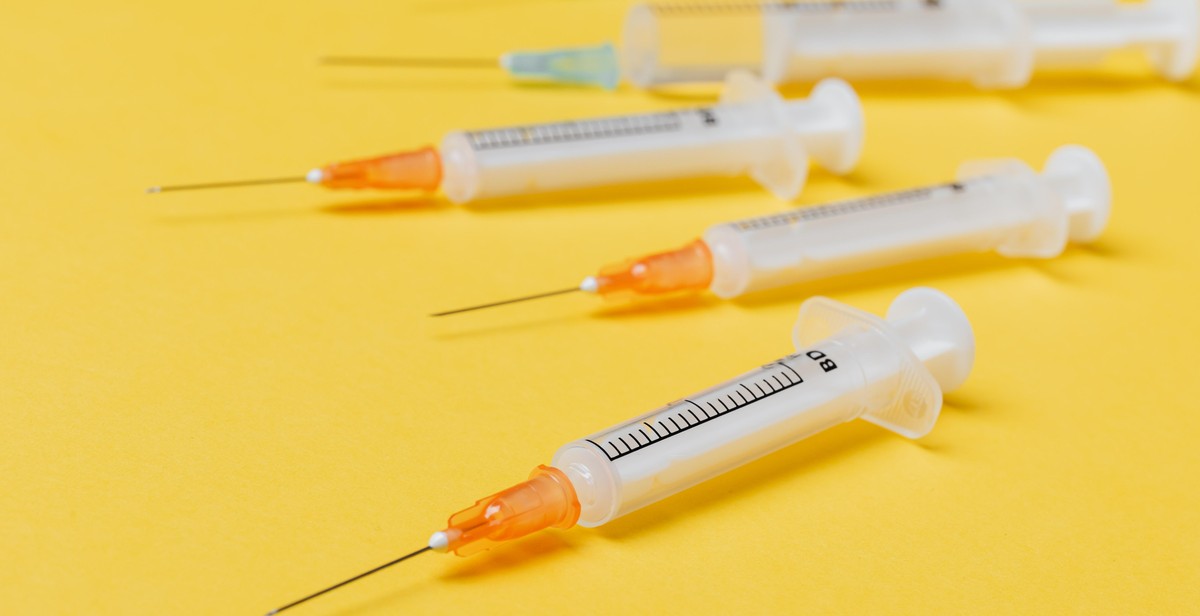How to Safely Dispose of Expired or Unused Medications: Proper Medication Disposal
As a professional article writer and content creator, I have had the opportunity to research and write about a variety of topics. However, as a healthcare provider and a responsible citizen, I believe that one of the most important topics that everyone should be aware of is proper medication disposal.
When we talk about medication disposal, most people think of throwing away expired or unused medications in the trash or flushing them down the toilet. However, these methods can have serious consequences for the environment and public health. Expired or unused medications can contaminate the soil and water, leading to serious health problems for humans and animals alike.
Why is Proper Medication Disposal Important?
Proper medication disposal is important for several reasons. Firstly, it helps to prevent accidental poisoning, especially among children and pets who may accidentally ingest medications that are not meant for them. Secondly, it helps to prevent drug abuse and addiction by ensuring that unused medications do not end up in the wrong hands. Finally, it helps to protect the environment and public health by preventing the contamination of soil and water.
How to Safely Dispose of Expired or Unused Medications
There are several safe and effective ways to dispose of expired or unused medications. These include:
- Participating in a take-back program
- Disposing of medications in the trash
- Disposing of medications in the toilet
In this article, I will discuss each of these methods in detail and provide tips on how to safely dispose of your medications.

Why Proper Medication Disposal is Important
Proper medication disposal is an important aspect of keeping our environment, communities, and loved ones safe. Here are three key reasons why:
Environmental Impact
Improper medication disposal can have harmful effects on our environment. When medications are flushed down the toilet or thrown in the trash, they can end up in our waterways and soil, contaminating our natural resources. This can have negative impacts on aquatic life, plants, and even humans who consume contaminated water or food. Additionally, when medications are disposed of improperly, they can contribute to the growing problem of antibiotic resistance, as the drugs can mix with bacteria in the environment and create superbugs.
Drug Abuse
Unused medications that are left in homes can be a target for drug abuse. Prescription drugs, in particular, can be highly addictive and can lead to serious health problems or even death when taken improperly or without a prescription. Proper medication disposal can help prevent these drugs from falling into the wrong hands and being used for illicit purposes.
Accidental Poisoning
Improper medication disposal can also lead to accidental poisoning. When medications are not properly stored or disposed of, they can be easily accessed by children, pets, or others who may accidentally ingest them. This can lead to serious health issues or even death. By properly disposing of medications, we can help prevent these types of accidents from happening.
In conclusion, proper medication disposal is crucial for protecting our environment, preventing drug abuse, and avoiding accidental poisoning. By taking the time to dispose of medications safely and responsibly, we can all do our part to keep our communities and loved ones safe.

Methods of Proper Medication Disposal
Proper medication disposal is essential to prevent the negative impact of expired or unused medicines on individuals and the environment. Here are some of the most effective methods for safe medication disposal:
Take-Back Programs
Take-back programs are an excellent way to dispose of expired or unused medications safely. These programs are run by local government agencies, pharmacies, and other organizations. They provide a safe and secure way to dispose of medications, ensuring that they do not end up in the wrong hands or pollute the environment.
Take-back programs are often held as one-day events or are available year-round at designated locations. You can find the nearest take-back location by contacting your local pharmacy or checking with your community’s health department.
Pharmacy Disposal
Pharmacies are another option for safe medication disposal. Many pharmacies offer medication disposal programs that allow you to drop off your expired or unused medications. They will then dispose of them according to the proper guidelines.
When using this method, it is essential to ensure that the pharmacy you choose is authorized to accept medication for disposal. Some pharmacies may charge a small fee for this service, so it is important to check before dropping off your medication.
Mail-Back Programs
Mail-back programs are another way to dispose of medications safely. These programs provide you with a prepaid envelope to mail your expired or unused medications to a disposal facility. This method is convenient for those who cannot access a take-back location or pharmacy disposal program.
It is important to note that mail-back programs may have specific requirements for the types of medications they accept. You should check with the program before sending your medication to ensure that it meets their guidelines.
Household Trash Disposal
While household trash disposal is not the preferred method for medication disposal, it is still an option. If you choose to dispose of your medications in this way, it is important to follow specific guidelines to ensure safety.
First, remove any personal information from the medication container. Next, mix the medication with an undesirable substance like dirt, kitty litter, or coffee grounds. Finally, place the mixture in a sealed container and dispose of it in your household trash. This method should only be used if no other options are available.
Conclusion
Proper medication disposal is crucial to prevent harm to individuals and the environment. Take-back programs, pharmacy disposal, mail-back programs, and household trash disposal are all effective methods for safe medication disposal. Choose the method that works best for you and ensure that your expired or unused medications are disposed of properly.

Steps to Safely Dispose of Medications
Proper medication disposal is crucial to prevent accidental ingestion, misuse, and environmental pollution. Below are the steps to safely dispose of expired or unused medications:
Read the Label
Before disposing of any medication, read the label carefully. Some medications require special disposal instructions, such as flushing down the toilet or mixing with kitty litter. Follow the label’s instructions to ensure safe and proper disposal.
Keep Medications in Original Packaging
Do not remove medications from their original packaging. Keep them in their original containers to avoid confusion and accidental ingestion. If the label is missing or illegible, use a permanent marker to write the medication’s name and dosage on the container.
Remove Personal Information
Before disposing of the medication packaging, remove all personal information, including your name, address, and prescription number. This will protect your privacy and prevent identity theft.
Follow Disposal Instructions
If the medication label does not provide disposal instructions, check with your local pharmacy or healthcare provider for guidance. Some pharmacies and healthcare facilities offer medication take-back programs, where you can drop off your unused medications for safe disposal.
If there are no take-back programs available in your area, you can dispose of medications in the trash. However, it is important to follow the proper disposal guidelines to prevent environmental pollution and accidental ingestion.
- Remove pills from their packaging and mix them with an undesirable substance, such as coffee grounds or kitty litter.
- Seal the mixture in a plastic bag or container and place it in the trash.
- Do not crush or break the pills, as this can release harmful substances into the environment.
For liquid medications, mix them with an unpalatable substance, such as dirt or cat litter, and place the mixture in a sealed plastic bag or container before disposing of it in the trash.
| Do’s | Don’ts |
|---|---|
| Read the label carefully | Do not flush medications down the toilet, unless instructed to do so |
| Keep medications in their original packaging | Do not throw medications in the regular trash without proper disposal |
| Remove personal information from the packaging | Do not give your medications to others, even if they have the same symptoms |
| Follow disposal instructions | Do not crush or break pills before disposal |

Conclusion
Proper medication disposal is crucial for the safety of our environment and public health. It is important to dispose of expired or unused medications in a responsible and safe manner to prevent them from getting into the wrong hands or polluting the environment.
There are several ways to safely dispose of medications, including participating in take-back programs, using drug deactivation systems, and disposing of medications in the trash. It is important to follow the instructions for each method carefully to ensure safe and effective disposal.
It is also important to educate ourselves and our communities about safe medication disposal practices. By spreading awareness and encouraging others to properly dispose of their medications, we can help prevent the misuse and abuse of drugs and protect our environment.
Remember, never flush medications down the toilet or sink, as they can contaminate our water supply and harm aquatic life. By taking the time to properly dispose of our medications, we can make a positive impact on our environment and the well-being of our communities.
References:
- “How to Dispose of Unused Medicines.” FDA, U.S. Food and Drug Administration, 8 Mar. 2018, www.fda.gov/consumers/consumer-updates/how-dispose-unused-medicines.
- “Medication Disposal: Questions and Answers.” EPA, Environmental Protection Agency, 11 Feb. 2020, www.epa.gov/hwgenerators/medication-disposal-questions-and-answers.
- “Proper Disposal of Medications.” American Pharmacists Association, American Pharmacists Association, 2021, www.pharmacist.com/proper-disposal-medications.
